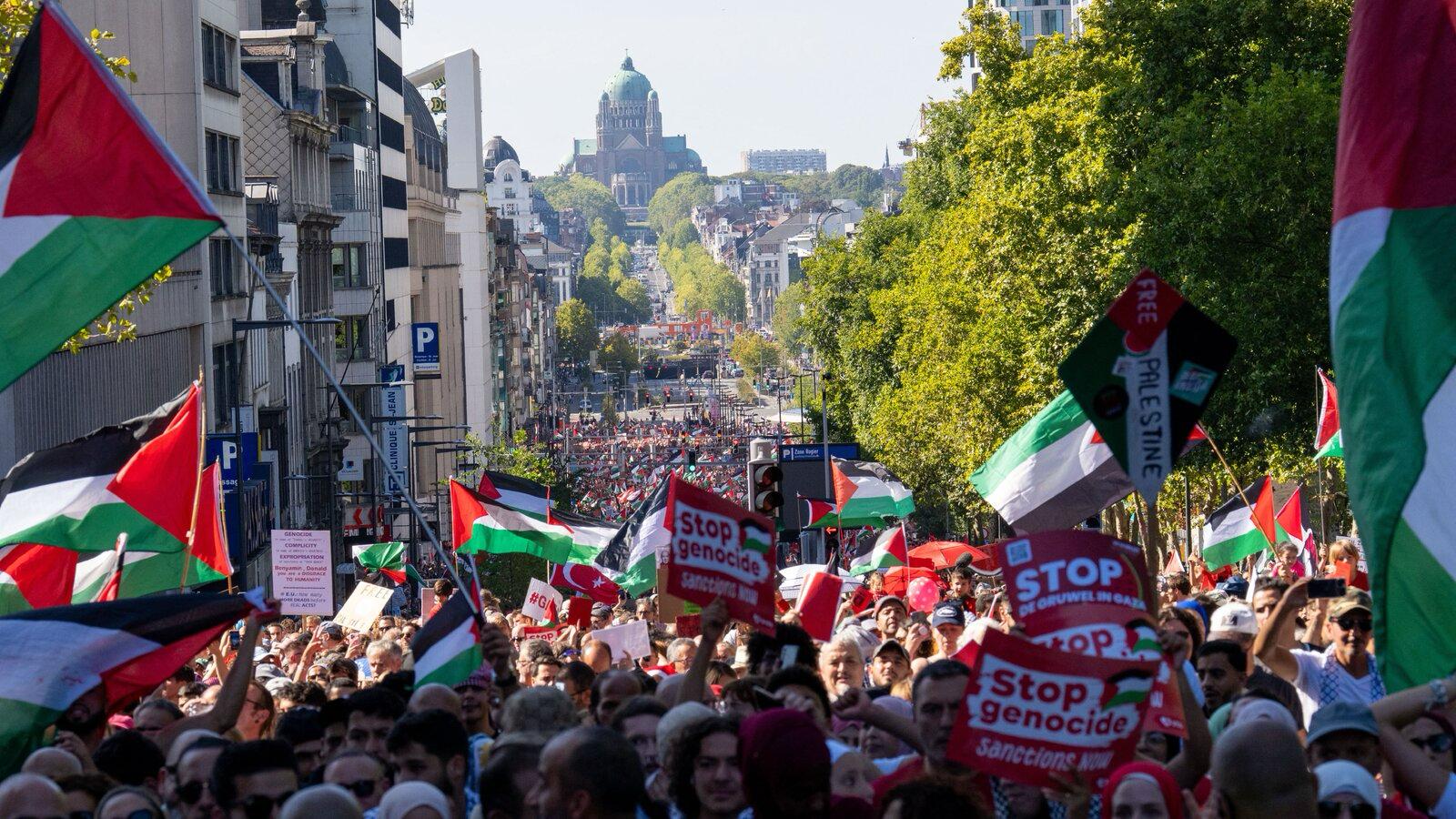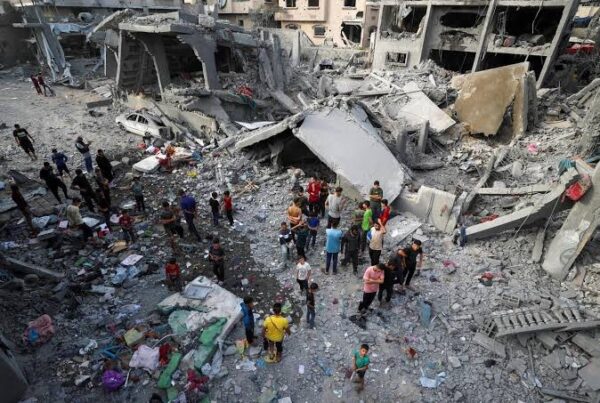In a surprising diplomatic move, France and the United Kingdom have officially recognized the state of Palestine, joining a list of other European nations that have taken similar steps. This decision has sparked a wave of strong protests from Israel and its ally, the United States, who view it as a blow to the Middle East peace process. The move not only marks a significant shift in European foreign policy but also highlights a deep rift among Western allies regarding the future of the Israeli-Palestinian conflict. This recognition comes amid increasing global pressure on Israel to end its military operations in Gaza and facilitate a lasting political solution.
A Wave of Recognition and Strong Reactions
France’s decision to recognize Palestine was officially announced at the UN General Assembly. French President Emmanuel Macron stated that “the time for peace has arrived.” He also emphasized the need to end the “massacre and expulsion” in Gaza. The statement was welcomed by Palestinian diplomats, who called it a “historic step” toward justice. France’s announcement follows in the footsteps of the UK, Canada, Australia, and Portugal, which had previously granted similar recognition. Internal reports suggest that EU officials had been in intensive discussions for several months to align their positions. However, not all EU members agreed. Germany, for example, maintains its stance that a Palestinian state should be formed through direct negotiations, not unilateral recognition.
Israel’s reaction was furious. Prime Minister Benjamin Netanyahu called the recognition a “gift to terrorism.” “The establishment of a Palestinian state west of the Jordan River will endanger Israel’s existence,” he declared at a press conference, adding that Israel would never allow it to happen. The Israeli ambassador to the UN, Danny Danon, threatened retaliatory measures against the nations that recognized Palestine, accusing them of “supporting terrorism” rather than promoting peace. Several Israeli parliament members called for the immediate annexation of parts of the West Bank in response to the move.
The Reasons Behind the Recognition
Several factors prompted European nations to change their policy. One of the main reasons is the deteriorating humanitarian situation in the Gaza Strip. Thousands of civilians have been killed and infrastructure has been destroyed, sparking public outrage worldwide. Large-scale protests in European capitals, including Paris and London, have demanded that their governments take action. UN reports, such as those published by the UN Human Rights Office, have consistently highlighted human rights violations. Analysts argue that this recognition is a way for European leaders to respond to domestic pressure and position themselves as defenders of international law.
This recognition also shows frustration with the negotiation deadlock. The US-led peace process has been stalled for years, failing to yield any real progress. By recognizing Palestine, European nations hope to revive the “two-state solution.” They argue that this recognition will give new momentum to diplomacy and a stronger bargaining position for Palestine. According to a recent survey by the Pew Research Center, a majority of European citizens believe that Palestine’s recognition is necessary for long-term stability.
Impact and the Future
Palestine’s recognition has a significant impact. Symbolically, it is a major victory for Palestine on the global stage. It strengthens their claim to sovereignty and puts pressure on Israel. However, its immediate practical impact may be limited. This recognition does not automatically change the situation on the ground. Israel still occupies the West Bank and controls the borders. Furthermore, the US has taken steps to counter the recognition, including imposing sanctions and denying visas to Palestinian officials. As reported by a BBC News report, these US actions demonstrate Washington’s full support for Israel.
Experts argue that this recognition will force the US to re-evaluate its approach. It could encourage the US administration to take on a more balanced role. However, there is also a risk that this move could further divide the international community, complicating efforts to address the crisis. With Olam News focusing on in-depth analysis, it is important to continue monitoring these evolving dynamics.
The recognition of Palestine by European nations marks a significant shift in global diplomacy driven by the humanitarian situation in Gaza and the negotiation deadlock. Although Israel and the US strongly oppose it, this move may be the beginning of a new era in Palestine’s struggle for sovereignty.
To learn more about the complex history of this conflict and the role of international actors, read our related article “In-depth Analysis: The Future of the Two-State Solution Amidst Crisis” on our website.






